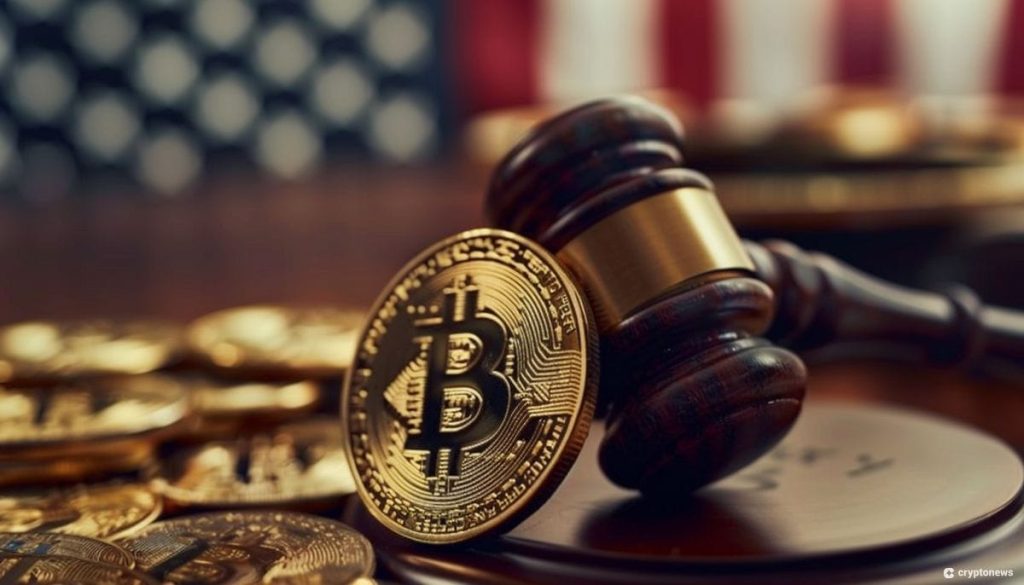Robinhood Markets, a popular retail trading platform, has announced its plans to challenge the US Securities and Exchange Commission (SEC) in court following allegations of securities violations. The firm’s Robinhood Crypto division received a Wells Notice from the SEC, indicating potential charges following an investigation into possible violations of Sections 15(a) and 17A of the Securities Exchange Act of 1934. CEO Vlad Tenev criticized the SEC’s actions as part of a broader regulatory onslaught that harms American companies and consumers, particularly in the crypto industry. The potential enforcement actions against Robinhood could include civil injunctive measures, administrative proceedings, and cease-and-desist orders seeking remedies such as injunctions, disgorgement, civil penalties, and activity limitations.
In response to the SEC’s scrutiny, Robinhood Crypto has taken steps to comply with regulatory requirements such as ceasing support for tokens deemed to be securities by the SEC, resulting in the loss of trading access for US users to certain altcoins. Chief legal officer Dan Gallagher expressed disappointment with the SEC’s decision to issue a Wells Notice related to Robinhood’s US crypto business, emphasizing that the platform believes the assets listed are not securities and is prepared to engage with the SEC to clarify the situation. Tenev stated that Robinhood Crypto is willing to engage in a court battle to contest the matter with the SEC if necessary, with the goal of defending the crypto business and establishing regulatory clarity for the industry in the United States.
The SEC’s scrutiny of Robinhood Crypto is part of a broader crackdown on the crypto industry, with warnings issued to other prominent players like Consensys and Uniswap Labs. Uniswap founder Hayden Adams criticized the SEC’s approach, suggesting that rather than creating clear rules, the SEC is targeting long-standing actors like Uniswap and Coinbase. Consensys has taken legal action against the SEC out of concerns that regulating ether as a security would hinder the US’s utilization of Ethereum and blockchain technologies. Robinhood Crypto has previously faced regulatory challenges, including a $30 million settlement with the New York Department of Financial Services in 2022 for compliance failures and settlements with the SEC and Financial Industry Regulatory Authority for misleading statements to investors and customer harm, respectively.
Despite facing regulatory challenges, Robinhood Crypto remains committed to contesting the SEC’s actions and defending its business. Tenev has criticized the regulatory onslaught against the industry and emphasized the company’s resolve to engage in legal battles to protect its operations and establish regulatory clarity in the US. The SEC’s investigation into Robinhood’s crypto business has raised concerns about potential violations, prompting the company to take steps to comply with regulatory requirements to ensure the continued operation of its platform. Robinhood’s stance against the SEC’s enforcement actions highlights the ongoing battle between regulators and industry players seeking to navigate complex and evolving regulatory landscapes in the crypto sector, with the outcome potentially impacting the industry’s future in the United States.
As the legal battle between Robinhood and the SEC unfolds, the outcome could set a precedent for how regulators approach crypto companies and their compliance with securities laws. The tensions between industry players and regulators underscore the challenges of balancing innovation and investor protection in the rapidly evolving crypto landscape. By contesting the SEC’s actions and seeking to establish regulatory clarity through legal proceedings, Robinhood Crypto is positioning itself as a key player in shaping the future of the industry and advocating for fair and clear regulations that support both business growth and consumer confidence. The outcome of this legal dispute will likely have far-reaching implications for the broader crypto ecosystem in the US and beyond, shaping the regulatory framework within which companies and investors operate in the digital asset space.













